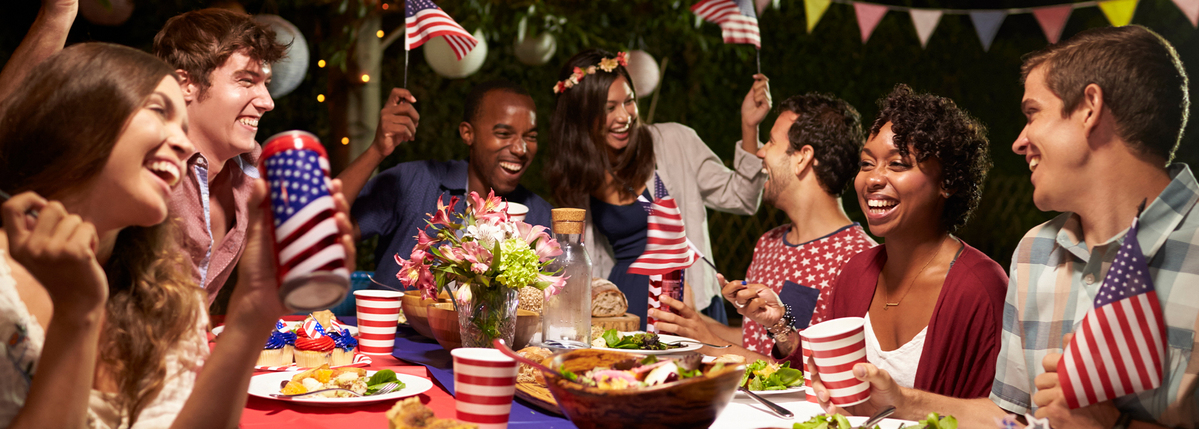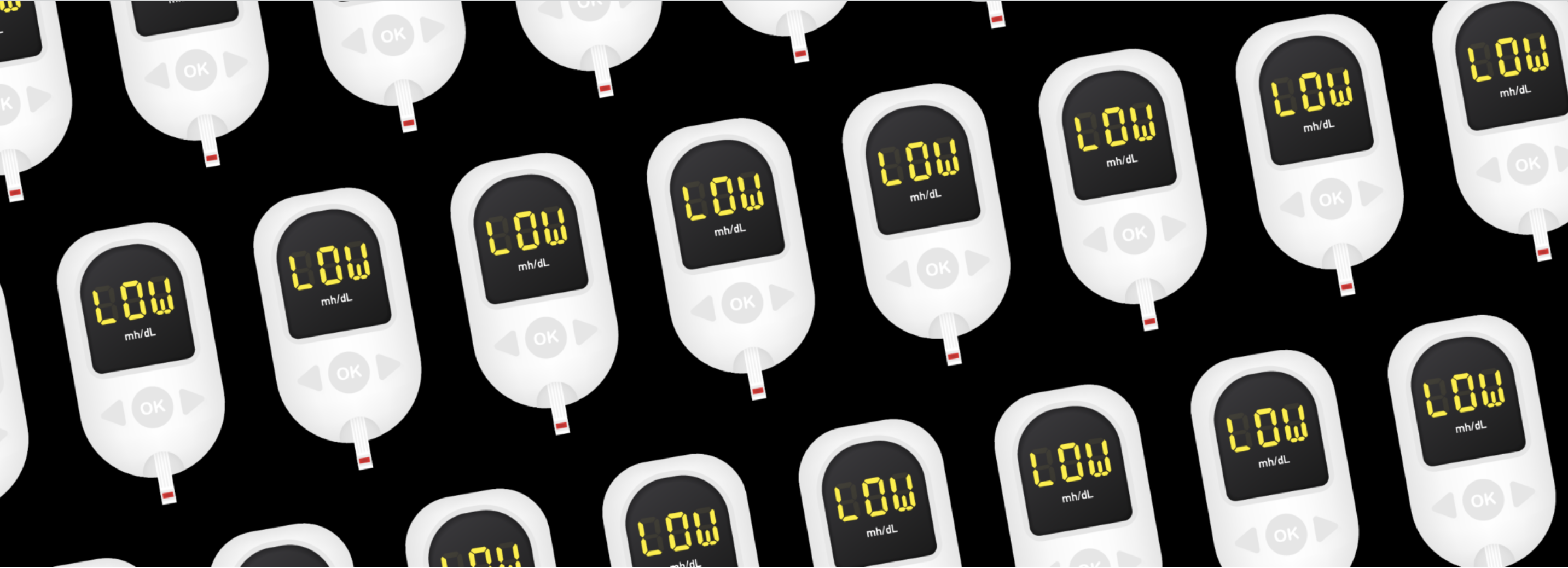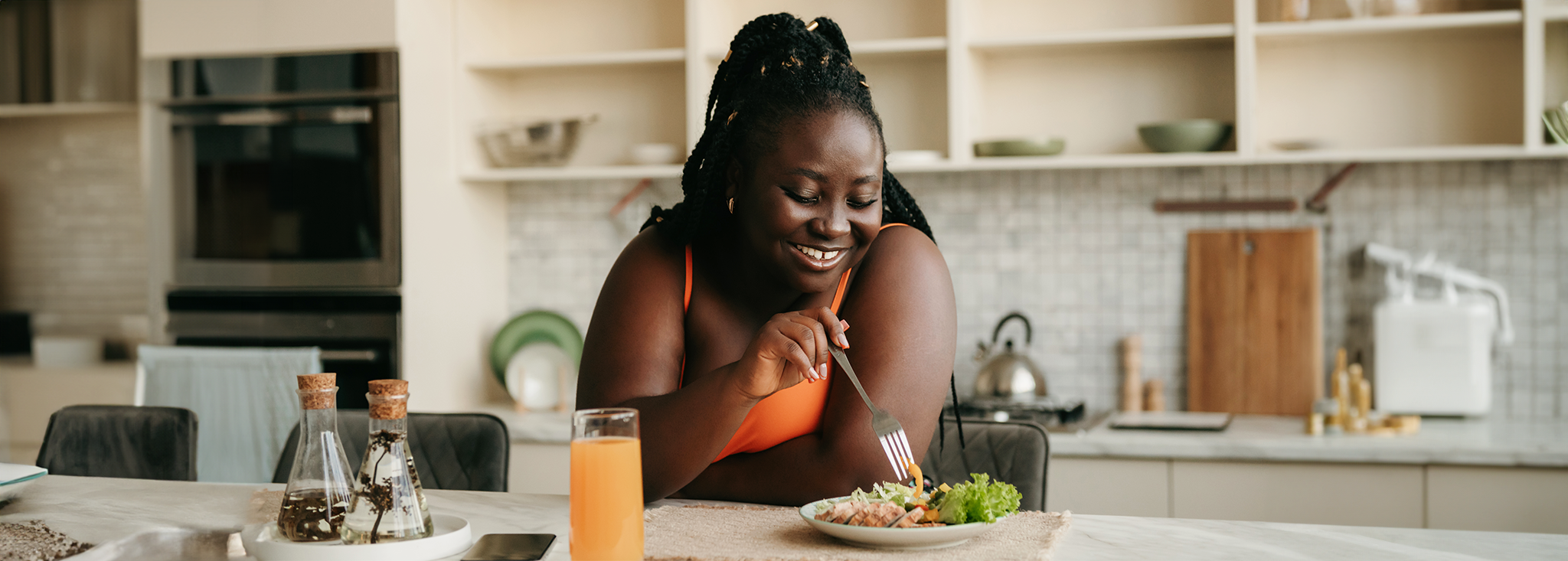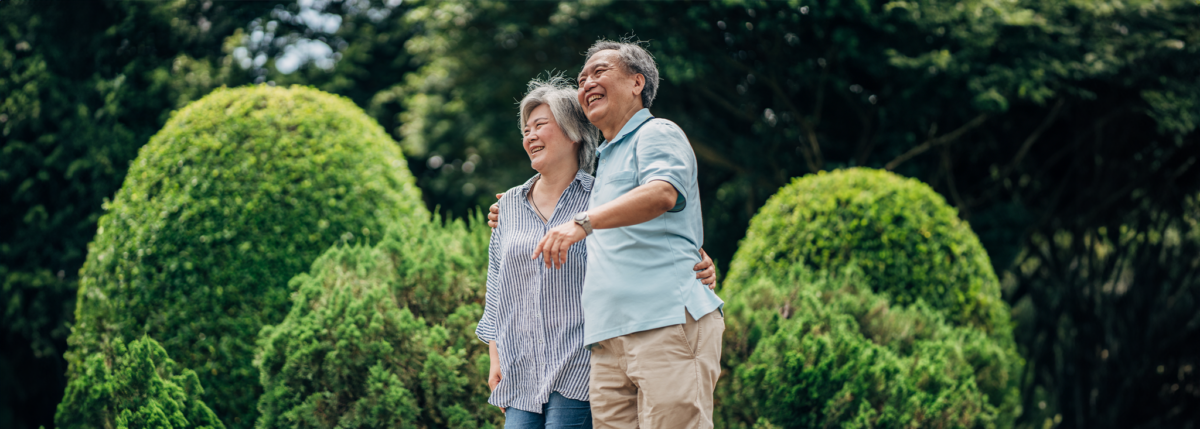T1D in the Moderna COVID-19 Vaccine Trial
Written by: Zoe Cook
4 minute read
December 18, 2020
Editor’s Note: We have a simple goal: tap into the power of the global diabetes community to save lives. Visit coronavirusdiabetes.org to learn more about what you can do as a person with diabetes to keep yourself and others safe from COVID-19 until we’re all safe.
This is news coverage from December 2020 that will not be getting updated. For up to date information on COVID-19 and diabetes click here.
Here’s the quick version for all of those who don’t have time to read my full experience below—I trialed the Moderna COVID-19 vaccine and *spoiler alert* had a great experience.
If you had asked me 10 months ago where I thought life would be now, it would be anywhere but here. I was preparing to graduate from UT Austin, finalizing my application to medical school and planning my gap year. I had planned to spend the year traveling, working as an EMT, and living life to the fullest before I commit myself to my career for good. It was only a few weeks after the news first broke of COVID-19 that I was emailing my professors and voluntarily studying from home. Quickly realizing that our entire family is high-risk, we decided to err on the side of caution. The first week of March we decided to lock down and we’ve barely left since.
Why I participated
In early August I found out that a local research center was conducting a trial for the Moderna COVID-19 vaccine and that they were looking for high-risk frontline workers to participate (at the time I was working at a children’s hospital). Many people questioned my choice to participate, but here’s why I decided it was right for me:
1. My entire family is high-risk and not only was I the only one leaving the house, but I was leaving to work at a hospital.
2. Thanks to my pre-med studies, I understand mRNA technology and the FDA clinical trial safety measures enough to feel comfortable in making an educated decision.
3. I participated in the blinded teplizumab trial when I was first diagnosed at the age of 10, so I am no stranger to the clinical trial process.
4. I wanted to be a part of the solution. My nature is to help others in any way that I can; someone has to trial it for other type 1s, why not me?
Sure, my hands were shaking and I was sweating as I signed the final consent form, but it was something I felt I just needed to do.
The doses
I went in for my first dose in mid-August. It was a long first appointment filled with lots of signatures, tests and questions. I received my first dose that same day, with a 50/50 chance that I had the vaccine or placebo. The next day I had some arm soreness, but nothing else. I was secretly hoping for at least a little chill or body ache to try and confirm that I received the vaccine, but nothing. I was disappointed with the uncertainty, but also knew that symptoms were expected to be worse after the second dose and that I had a slightly swollen lymph node in my neck. A month later in mid-September, I had a second dose, which again resulted in no immediate side effects and didn’t even make the lymph node swell up again. Interestingly, after both doses, my insulin needs dropped slightly over four days, with the fourth day needing ~30 percent less insulin. I also developed eczema on my face, which is something I likely would have developed at some point in my life since we have a family history of many skin issues.
In October I got my antibodies tested and was surprised to find out that I did indeed have antibodies. I can’t say for sure yet whether I had the vaccine, but based on the lymph nodes, sore arm and antibody tests, it seems fairly certain. As I’m isolated and no one I know has had COVID symptoms, it would be highly unlikely that I got antibodies from anywhere else.
Editor’s Note: According to interim guidance from the CDC, COVID-19 antibody tests are not 100 percent accurate can result in both false negatives and false positives. Zoe has since been unblinded and informed she did in fact receive the vaccine.
Even though I have antibodies and could assume I had the vaccine, I didn’t know how truly effective the vaccine was. I decided to still treat myself as though I was unvaccinated and not take any chances. Now that it’s been announced that the vaccine is 95 percent effective, I can feel more comfortable returning back to some form of normal-ish life. Even then, it’s been hard to undo the anxiety and fear that seem to have become a part of daily life over the past 10 months. I still get uncomfortable when I see someone without a mask, don’t even begin to consider large gatherings, and stay home as much as possible. The changes for me have been small—being able to go to the grocery store, have a cup of coffee with a close friend, and start looking for jobs again. For our family, it was just the simplicity of going to bed with peace of mind that is priceless.
What’s next
Within the next few days, trial participants should find out about the process of being unblinded if we are offered a vaccine elsewhere. I will most likely choose to stay blinded to keep the study valid. As long as I continue to test positive for antibodies, I personally don’t feel a need to be officially unblinded, as I imagine this means we will have to be removed from the trial.
For privacy reasons, I won’t say which trial center I participated with, but I can say that they were amazing. The staff and study coordinators made the expectations of me as a participant crystal clear and were responsive to any (and all) questions and concerns. I am very grateful that I had the opportunity to receive a vaccine early on and that I was able to potentially help others in the process. I cannot thank Moderna, their scientists, or their research teams enough for the peace of mind and protection they have provided both me and my family.
Originally I thought 2020 was going to be my year—the year I graduated, did an IronMan, traveled, lived life, worked hard and visited my dream medical schools. Now, 2020 has been the year that reminded me to be grateful for all of the things I already had. I still got to wear a cap and gown, even if it was at home. I found a different way to work, a different way to interview at schools, and planned my own triathlon. Life being “paused” has reminded me how precious quality time with family is, the enjoyment of a good book and how easy it is to take things for granted.

Author
Zoe Cook
Zoe Cook recently graduated from UT Austin with a degree in psychology and will be pursuing a career in medicine. She was a member of the 2019 Beyond Type Run team, competing with a group of other type 1s in the TCS New York City Marathon.
Related Resources

The biggest barbecue day of the year is the 4th of July! Celebrating the 4th...
Read more

Hypoglycemia and severe hypoglycemia are two things against which all people with diabetes should be...
Read more

Whether or not you have type 2 diabetes, you must eat. You must also pay...
Read more

